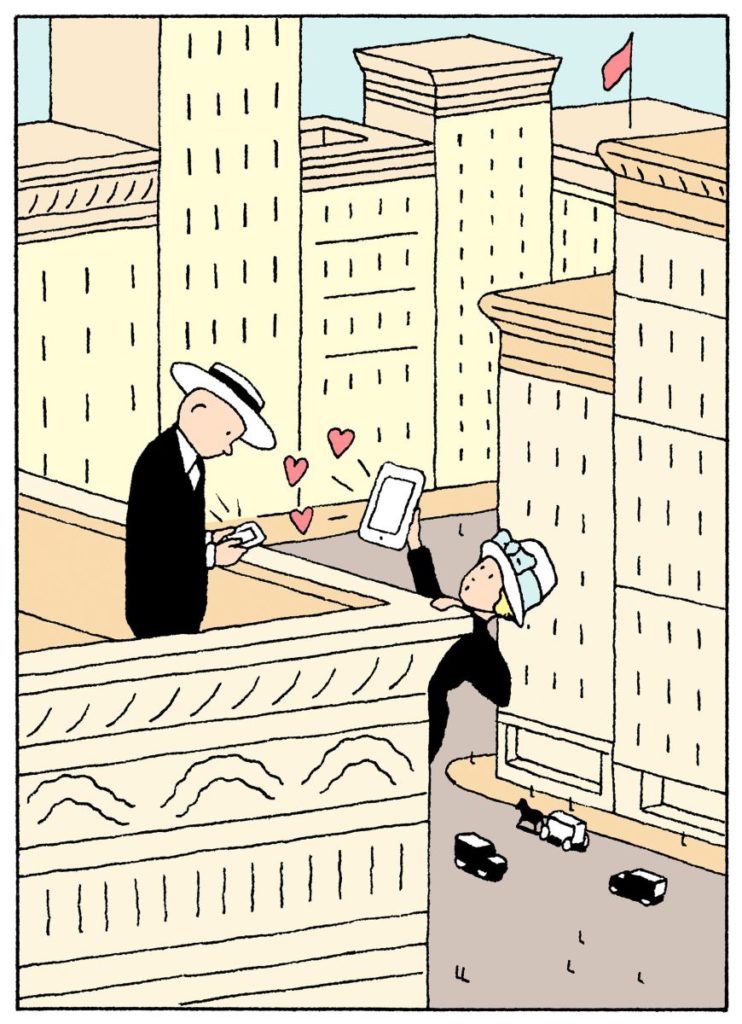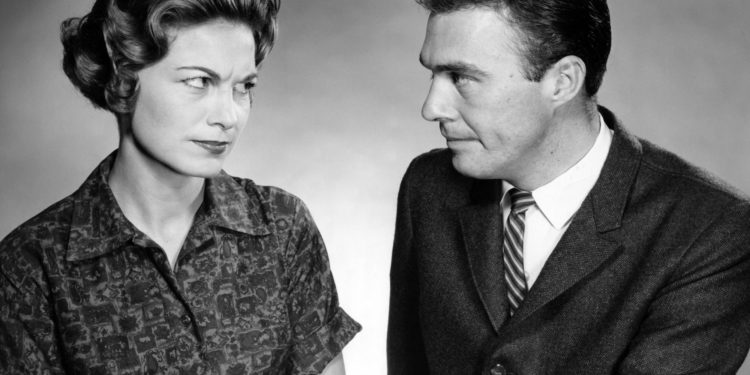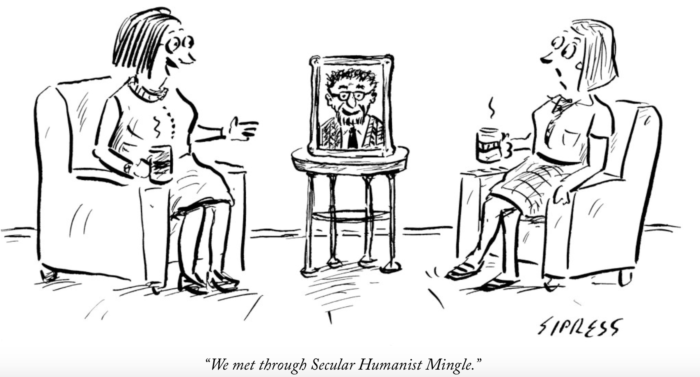This week’s post is written by a treasured male friend with whom I have exchanged online dating escapades. I’m hoping that WOW’s largely female readers will benefit from this male perspective. Please feel free to offer your responses in the comment section below or on the WOW facebook page.
After eighteen months of online dating, I now understand it as the human version of catch-and-release, with one difference: the fishing line has hooks on both ends.

Online dating can feel like an extreme sport at times
Women of my generation are not the enemy, for they suffer equally under the cold gaze, external and internal. They wriggle to get free of the same romantic myths. Some are furious at having been betrayed by ideas or by partners. Others have decided that risk outweighs reward, so they now feel “apathy” or they’re “too busy.”
In the world of dating words are powerful. Even when handled carefully, they can wound. I’ve experienced sentences I would call KIND, CRUEL, AMBIGUOUS, and I offer WHAT COULD BE SAID BUT WASN’T.
On the subject of Weight:
CRUEL: “You should join a gym.”
MORE CRUEL: “If you lost that beer belly, we’d have better sex.”
SLIGHTLY MORE TACTFUL: “When we hugged, I didn’t like the way your body felt.”
ATTEMPTING TACT BUT MEDICAL, CHILLY: “I have a concern about your level of physical activity.”
WHAT MIGHT HAVE BEEN SAID, WITH KINDNESS IN THE ABSENCE OF DETAIL: “I don’t find myself physically attracted to you.”

The author appeals to online daters to practice compassion and respect when addressing one another.
On the subject of Physical Contact:
Man is meeting Woman (born in another culture) for the first time: they are enjoying each other’s company. Man playfully encircles Woman’s bicep lightly with two fingers – duration, one second – as whimsical support to a point being made. Woman, immediately, “You can’t touch me! In a few weeks!” Man is startled by first utterance, and then chooses to hear only the implied encouragement of the second – an error, it turns out.
Man, having spent five very pleasant hours with Woman, strokes her long hair while standing behind her on line – one downward stroke, medium tempo. Woman says, not turning around, “I don’t like that.” Man apologizes, but thinks, “Define ‘that’. Any physical contact, ever? At this moment? Always?”
WHAT MIGHT HAVE BEEN SAID: “It’s rather early for heavy petting.” [Of course, it hardly matters when there is no second date.]

A man supremely confused by his date’s messages
AND – THAT CRUCIAL MOMENT. Man says to Woman, midway through a very enjoyable evening, “I’m having a wonderful time. I hope you are too. I’d like to see you again.” Woman is silent, smiles weakly. A long pause.
Finally, Man says, “Well, I guess I know what that means. You’d ‘like to think about it,’ right?” Man has learned that the absence of equal enthusiasm at this point always means “No.” [For whatever reason, the Woman, a few days later, suggests a second date, which takes place, but the evening is one of polite obligation.]
THE RESULT. Man now approves of certain vaguenesses, given and received. When one finds that the other is not suitable, one probably should say nothing (although Man has broken this rule on occasion and is always amused by the palpable relief expressed without words from the Woman across the table).
One writes the next day, “I didn’t think we had a romantic connection.” “I didn’t feel that we worked as a couple.” “I thought we had very little in common.” Etc. All statements that begin, “You’re a lovely person,” are inevitably followed by BUT and one calls the bomb squad, leaving the premises immediately.

A successful online dating outcome
Balancing kindness and truth is not easy but the goal to strive for.
In Sherwood Anderson’s 1919 “Adventure,” Alice Hindman, bereft at 27, tries “to force herself to face bravely the fact that many people must live and die alone.” I hope for something better for all of us. I continue to believe that adult love can transform the paper moon and the cardboard sky.
About the author:
“Michael” has asked to remain part-hidden, so that this effusion does not come up in Google searches after his death. He is an English professor at a New York school, a music critic and blogger, a hopeful romantic, an optimist trying to stay afloat.